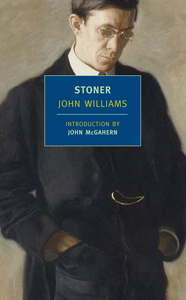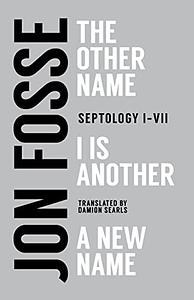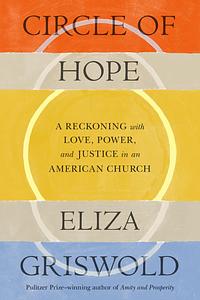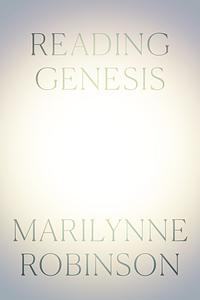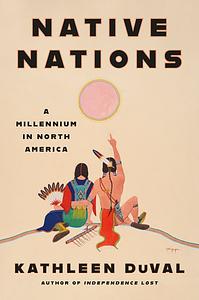Take a photo of a barcode or cover
quakerquixote's Reviews (19)
emotional
funny
hopeful
reflective
sad
medium-paced
This is, in the end, a serious book, but readers should not miss out on how it is also quite funny. As an English professor myself, I was often laughing out loud at some of the characterizations of academic life and how well they've held up. The dry academic satire that makes up much of the book is woven with a somewhat sad tale about the ultimately sympathetic William Stoner. But the ending is quite powerful, redemptive, and deeply humane.
dark
emotional
reflective
sad
An mostly insightful and often quite painful read. Griswold had incredible access to a dynamic and dysfunctional church throughout the years it was falling a part, with a focus on the acrimony that developed among the pastoral staff. Parts of this are very raw, and everyone comes out of it looking pretty flawed, I think. While the reportage is incredible, something about Griswold's framing did not quite feel right. Perhaps it was too slanted to political analysis and not theological enough for my taste, but I left this book feeling like aspects of what happened remained undeveloped. Overall, however, it's a sad case study of what can happen at a church that thinks it's an exception to toxic dynamics when Us evangelicalism when in fact it proves the rule.
adventurous
dark
emotional
reflective
tense
fast-paced
As someone who has taught Adventures of Huckleberry Finn several times, I found this book to be a very insightful engagement with Twain's novel. It highlights many of the points I would want students to understand about the original novel: Huck's troubling naiveté, the darkness of the world along the Mississippi, the necessity of understanding blackface minstrelsy, and, most of all, the savvy of James. In many ways, Everett takes the subtext of Twain's novel and makes it text. And in doing that, he surpasses the limitations of Twain and gives James a compelling story of his own.
challenging
hopeful
Very helpful book for anyone wanting to teach Native American literature. Lopenzina is especially good at outlining the ethical challenges of teaching Indigenous texts and history, while still articulating a hopeful outlook. It provides a good arc of literary history form the colonial period to the present, and discusses ample texts a teacher might choose to include on a syllabus.
hopeful
reflective
I find this book hard to assess. I don't think Robinson is at the height of her powers, and the meandering, sometimes unfocused nature of this book would seem to corroborate that. But she does have insights here, and I found her reading of the story of Abraham to the beginning of the story of Joseph to be quite compelling. But the insights exist alongside flaws of repetition, too much summary, and Robinson self-assuredness.
I had high expectations for this book, and while it is masterful in many ways, it was not what I hoped it would be. DuVal brings an incredible range of knowledge to this book and writes in a lucid and accessible way. However, it feels like the whole of this book is not greater than the sum of its part. Many of the individual chapters are good, but I struggled to sense an overall narrative cohering. Perhaps this is inevitable when one tries to tell a sweeping history of Native Americans, but for this reason, I think I'll be returning to individual chapters of the book without feeling a need to reengage with the entire work.
dark
emotional
funny
lighthearted
reflective
sad
medium-paced
Disarmingly simple retelling of the David and Goliath story. I felt surprising sympathetic with Goliath in the short period of time it takes to read this graphic novel. I appreciate the theme of the tragedy and senselessness of war.
informative
fast-paced
Good information, but what starts as a chronological literary history turns into what I found to be a somewhat disorganized discussion of Native American studies and novels. A more topical approach might have worked, but it felt like there was not a consistent set of organizing principles for the book.
Felt repetitive and abstract at times, but does show the coherence of Francis's vision, which is an inspiring one of universal human fraternity. Sobering to read his critique of populism and nationalism during the first year of Trump's second term. This book shines most when it gets specific: the reading of the good Samaritan parable, the discussion of war and capital punishment, etc.
